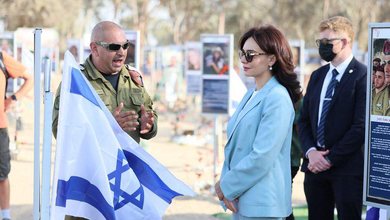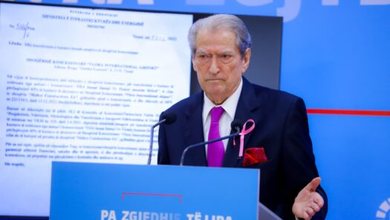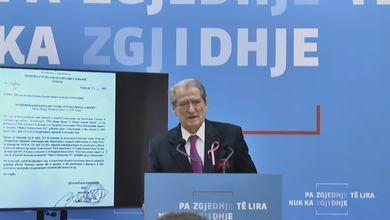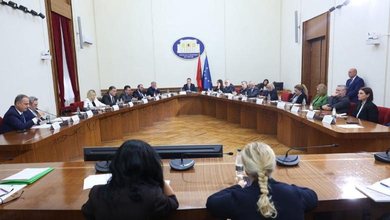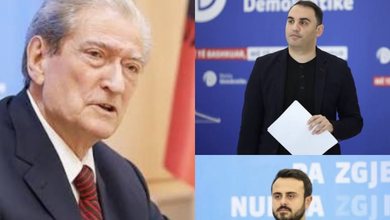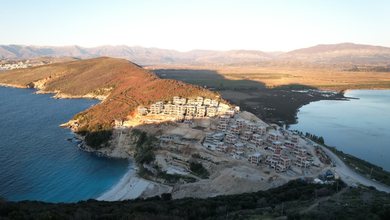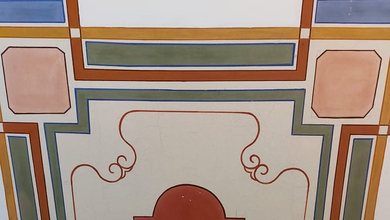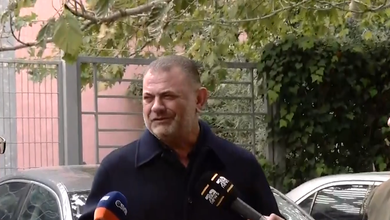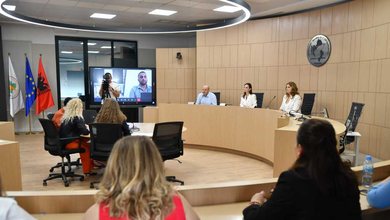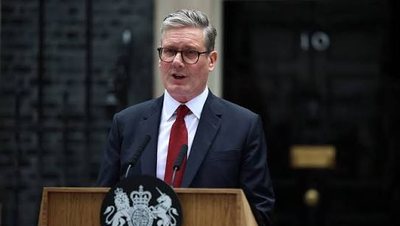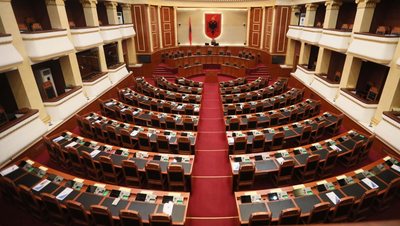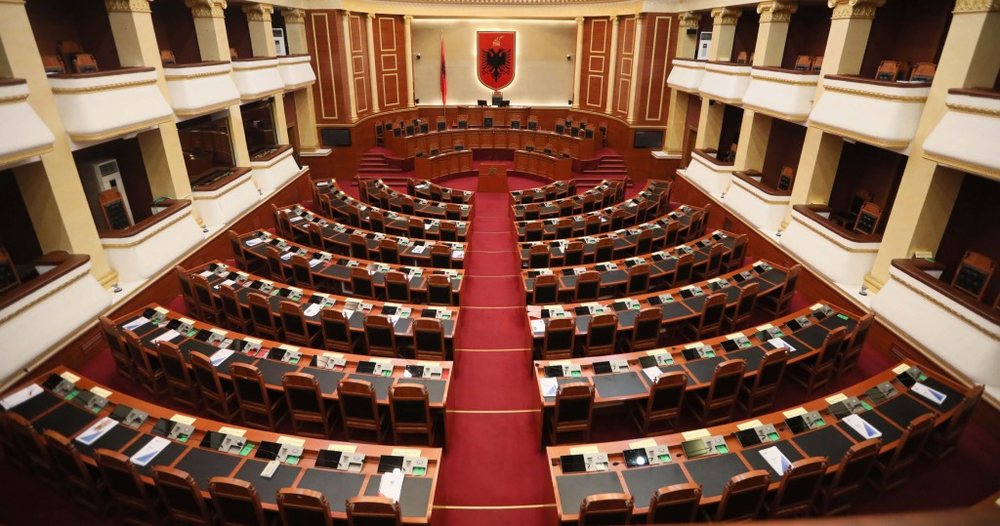
The SP and the DP are moving towards a pact to establish two special parliamentary commissions to carry out the new electoral and territorial reform, without the participation of other parliamentary parties. The ruling SP claims that it has accepted the DP's amendments on the formula for the composition of the two special commissions, which are expected to be established by a decision of the Assembly at the end of October.
The amendments submitted a week ago by the leader of the Democratic parliamentary group, Gazment Bardhi, required that membership in both committees be divided equally between the opposition and the majority, making decision-making in these committees necessarily consensual.
Previously, the Socialist Party had proposed that the Territorial Reform Commission have 17 members, of which 9 from the Socialist Party, 6 from the Democratic Party, 1 member from the Alliance for Change and another member from the Freedom Party.
Meanwhile, for the Electoral Reform Commission, the Socialist Party has proposed a composition of 16 members, of which 8 are from the Socialist Party and 8 others from other parliamentary parties. The amendments submitted by Bardhi foresee that both commissions will have the same equality formula; 16 members, of which 8 belong to the Socialist Party, 6 to the Democratic Party and 1 representative from the two allied groups in parliament, the "Alliance for Change" and the Freedom Party.
This formula leaves out other parties that do not have parliamentary groups in the Assembly, such as the Opportunity Party, the Together Movement, Albania Becomes and Tom Doshi’s Social Democratic Party. Asked by BIRN, the head of the SP parliamentary group, Taulant Balla, said that the majority would accept the Democratic Party’s proposals for establishing committees. “Personally, I think it should be all parliamentary parties. I hope that by the session, the DP will accept the inclusive formula,” Balla said.
The two new reforms
The draft decisions for the establishment of two special committees published on the Parliament’s website also express the objectives of their work and a working term of 9 months. The Special Committee for Territorial Reform aims to review the territorial reform implemented in 2014 that merged municipalities and created 61 large municipalities and 12 regions. A parliamentary committee for a new territorial reform, led by the opposition in 2022, failed to produce new changes, after being overthrown by the majority that defended the reform in force.
The new commission that is expected to be established is expected to review the legal and institutional framework of local government; new options for territorial redesign and strengthening the administrative capacities of local government units; analysis of the local finance system, etc.
The Democratic Party's amendments also request that the territorial reform commission include expertise from international institutions, including the Congress of Local and Regional Authorities of the Council of Europe.
The Special Commission for Electoral Reform continues to be tasked with the old objectives and goals related to the amendments to the Electoral Code, based on the recommendations of the OSCE/ODIHR reports on local and parliamentary elections.
The previous commission established for this purpose failed to make this reform, while some last-minute amendments to the Electoral Code regarding the Diaspora vote and the closure of candidate lists were achieved after a non-transparent pact between the two major parties, the SP-PD.


